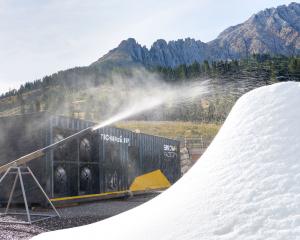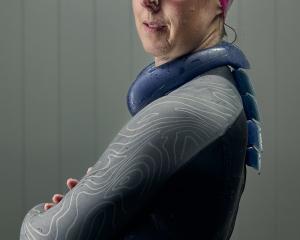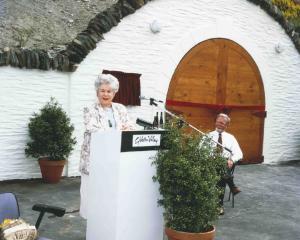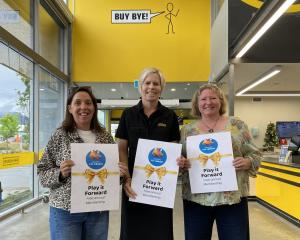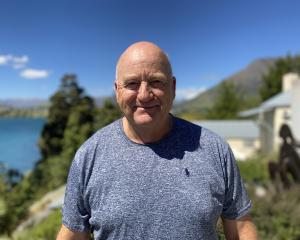
Biochemistry professor Juliet Gerrard has much of her first nine weeks in the role touring the country speaking to her fellow scientists.
At forums like her one-hour Q&A session during Queenstown Research Week yesterday she invites participants to jot their ideas down on Post-it notes.
She collects ideas in a biscuit tin and sticks them to the wall of her office at the University of Auckland.
Prof Gerrard told the Otago Daily Times she had been struck by the number of topics where scientific expertise might be required - from pandemics to earthquakes.
Although she hoped to spend the majority of her time examining issues of her choosing, it would depend on what was asked of her.
The four-days-a-week role was established a decade ago to be university-based, to maintain independence from the Government, she said.
''So if I'm fired, I can still pay the mortgage.''
However, it would take a ''pretty serious'' issue to persuade her to put her job on the line by openly criticising the government of the day.
''You can be more effective being full and frank behind the scenes and more moderate in public.''
She had not sought the job, but accepted an invitation to be considered after being nominated without her knowledge.
She then progressed to a short-list of five that was whittled down to two after formal interviews. The final choice was made by Prime Minister Jacinda Ardern after an interview.
Prof Gerrard said there were about a dozen science advisers working in the Government. They had been employed at different times on a variety of contractual arrangements, with some reporting to their ministry's chief executive but others operating at a more junior level.
Although they met monthly, she wanted to explore opportunities for them to work more closely together on some projects.
She also hoped to expand their number, and would look at where there were science ''skills gaps'' in government.
Her predecessor, Sir Peter Gluckman, gave her a list of potential new science advisory positions.


